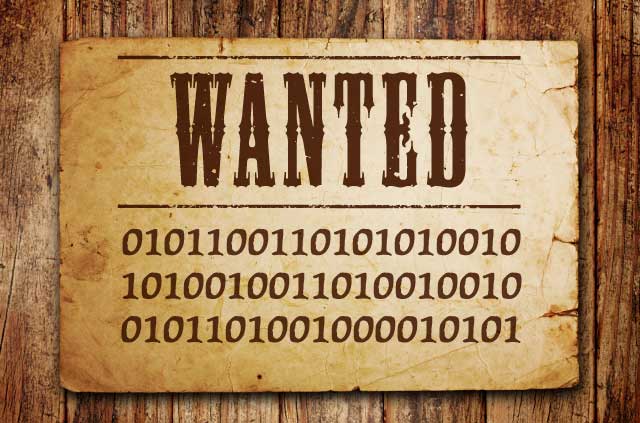President Trump is stepping up his rhetoric on pressing companies to build backdoors into their devices. Following a recent cybersecurity event in Aspen, Colorado, the US government is renewing its attack on the tech sector, demanding that companies like Apple and Google give the government unrestricted access to people’s smart devices.
Speaking in front of the security panel, Assistant Attorney General for National Security Dana Boente praised Europe’s actions on eliminating encryption regulations, admitting that the U.S. may soon be following in Europe’s footsteps. “The terrorism challenges in Europe are really kind of tough, and they may lead the way and carry some of our water on this,” Boente said.
Why is Europe rallying against encryption?
Europe has been the recipient of many terrorist attacks over the last few years. From Brussels to Paris to more recently Barcelona, these attacks have shaken European democracies’ structures. That largely explains why the Europe has been pushing for more stringent encryption laws.
The UK, for example, has already taken drastic steps to force tech companies to hand over encrypted data when requested. In fact, activists worry that Britain may be on the cusp of eliminating end-to-end encryption entirely.
The argument comes amid a time when the public is changing its collective view on privacy. In fact, studies show that more people value their anonymity than value security. Still, the ability for governments to have access to people’s devices is still a hot-button issue, with vocal critics on both sides.
Building backdoors: smart idea or disaster in the making?
The U.S. has been pressuring tech companies to build backdoors for years. You may remember the recent battle between the FBI and Apple, where the FBI tried to coerce Apple into unlocking the encrypted smartphone that was used by one of the killers. Apple refused, stating that even if there was a way to break into an encrypted phone they wouldn’t do it.
The whole debate brought to light a much bigger issue: Should the government be allowed backdoor access to people’s devices? The question has led to a surge in both anti-encryption and pro-privacy sentiments around the world. The San Bernardino case, coincidentally, has ended without a clear legal ruling.
That means the case of building backdoors is still up in the air, which leaves open the possibility that governments could eventually mandate unrestricted access to people’s devices. Various forms of European legislation are already pushing for this, and if they succeed, then the U.S. is likely to follow.
Using encryption to your advantage
Until we sort this whole issue of backdoor access, it’s a safe assumption that sticking to a VPN will be your safest bet. A VPN server will automatically encrypt your network. More than that, you’re able to browse anonymously.
That said, not all VPNs are created equal. If you really want to take advantage of anonymous browsing and encrypted servers, you’re better off going with a paid service. (You can see our previous post on how to choose an anonymous VPN here).
Don’t let your government take away your right to privacy. Stay safe and anonymous by turning on your VPN.


Recent Comments